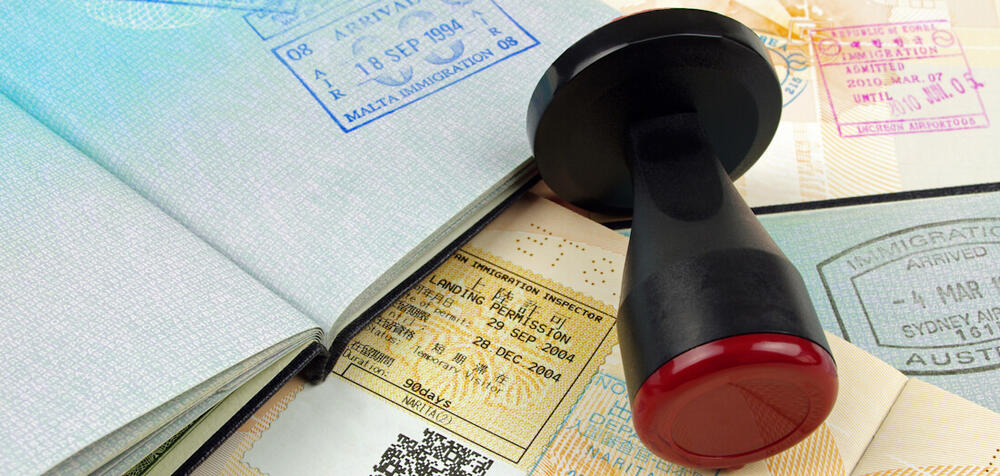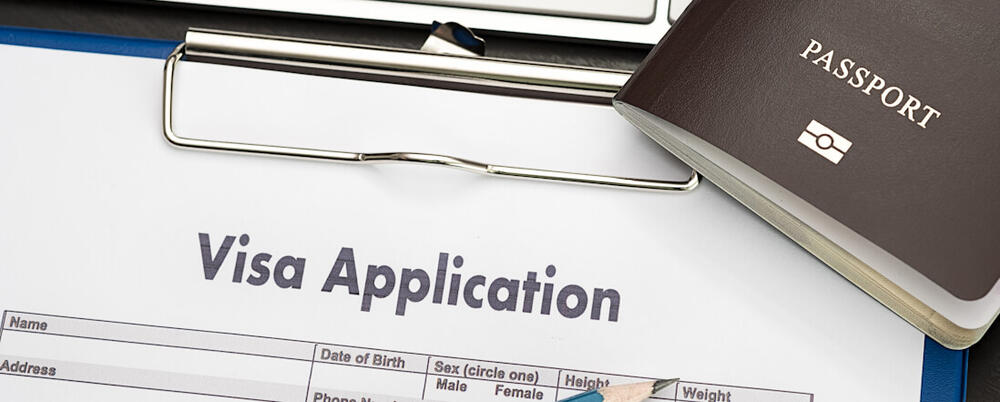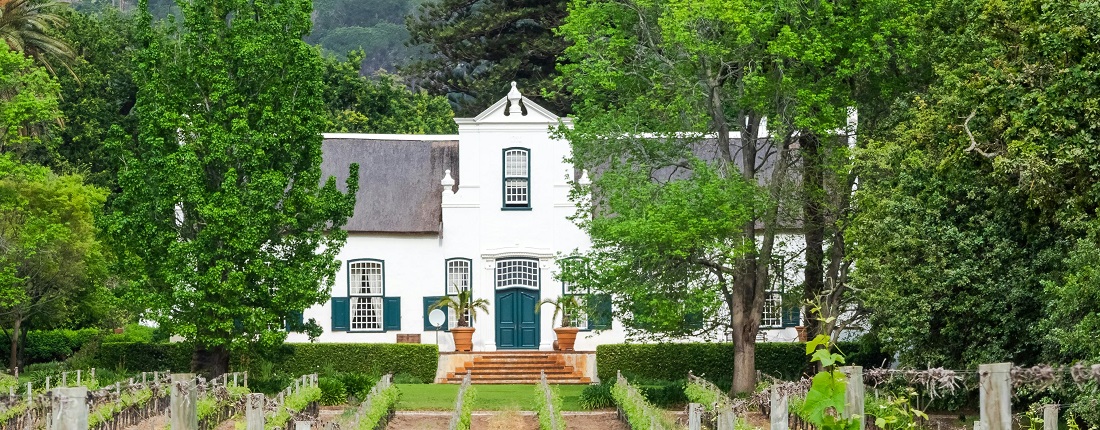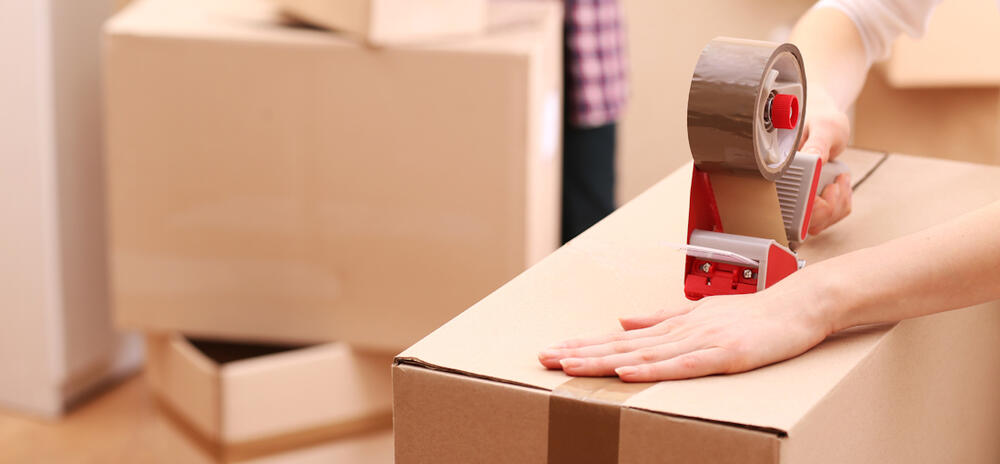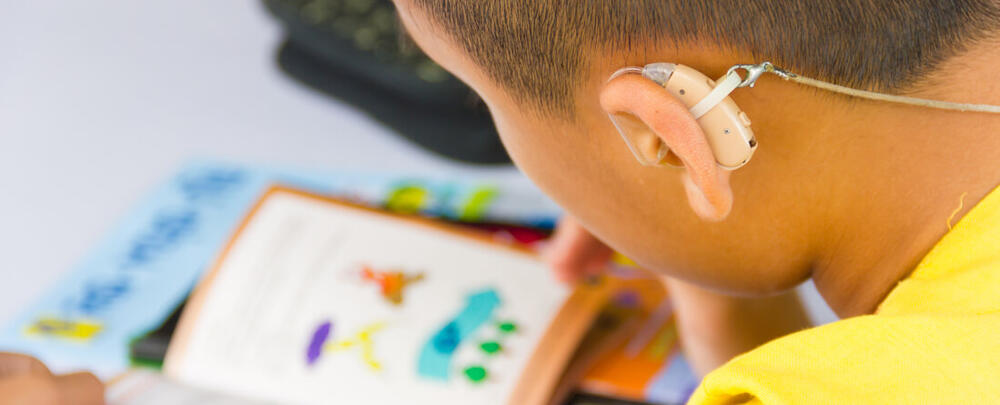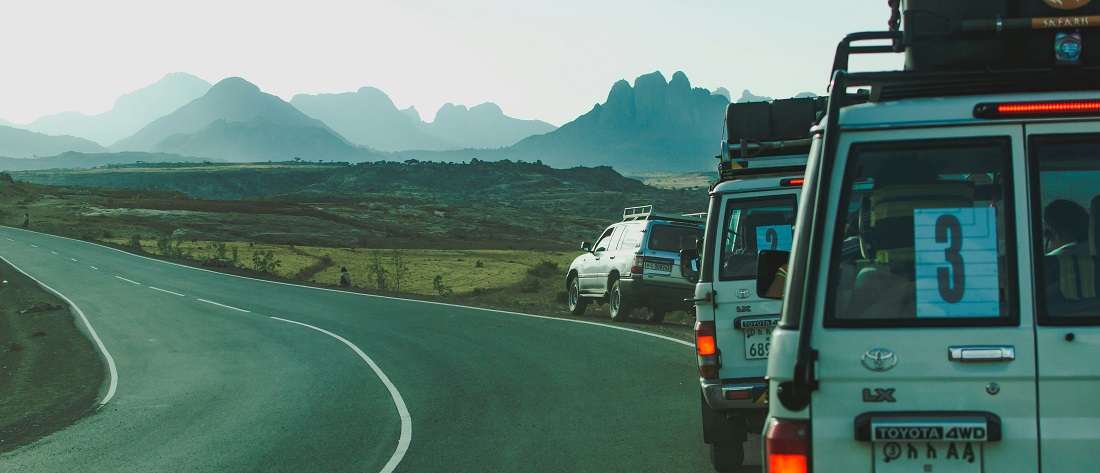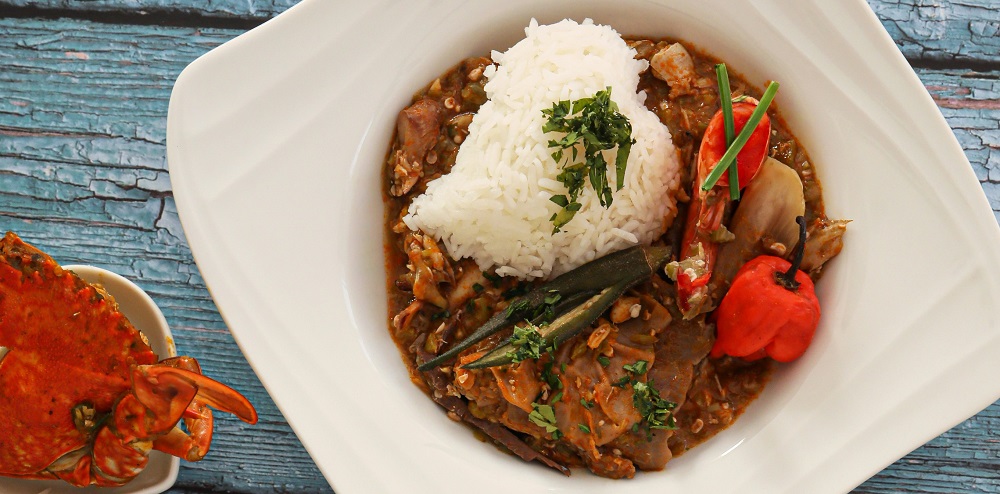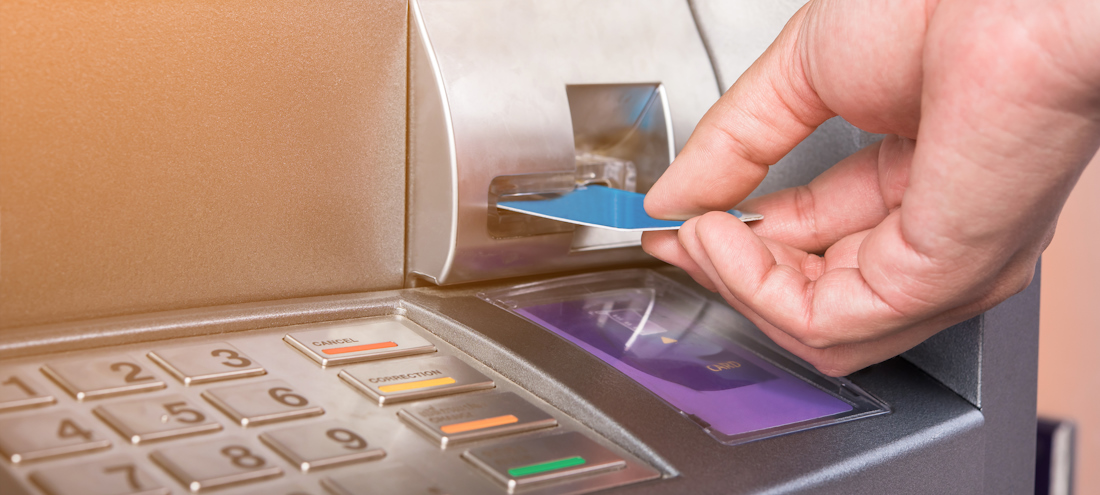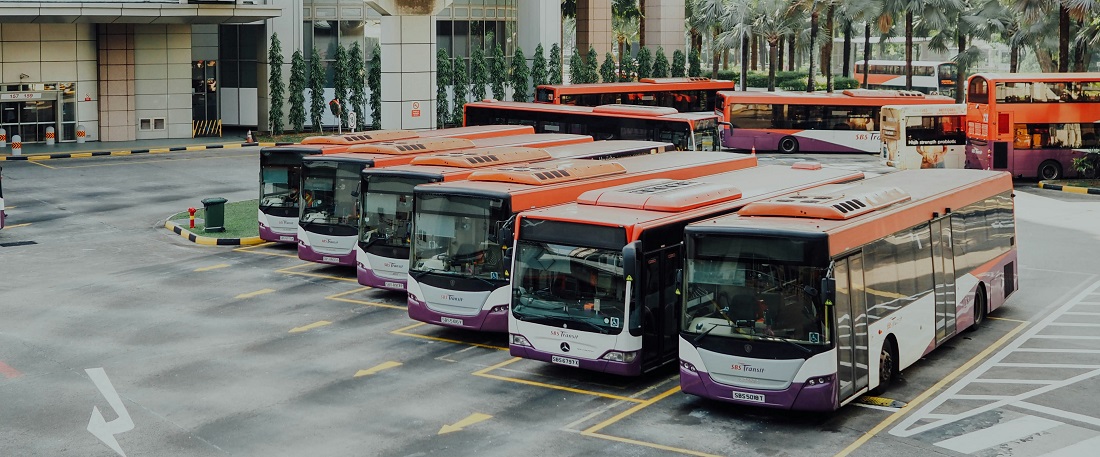With picturesque landscapes and some of the most extraordinary wildlife scenes, Botswana is a beautiful, warm African country that is home to some of the world's friendliest people. Still, life in the country is not perfect, and you may face a few challenges and complications as an expat moving to Botswana, but once you've settled, it's certain to be smooth sailing.
To help you make the best decision for you and your family, we've listed some pros and cons of moving to Botswana below.
Cost of living in Botswana
+ PRO: Affordable cost of living
Botswana can be an incredibly affordable place to live, especially if you manage your finances well. Its favourable exchange rate also attracts people from the US, the UK, and Europe.
- CON: Healthcare can become expensive
Private healthcare is the main option for expats and insurance is essential, as these costs quickly increase. In some cases, the healthcare system may be unable to handle specific illnesses and major surgeries, so patients must be sent to facilities abroad such as those in South Africa. Insurance that covers repatriation is likely to be more expensive.
Visas for Botswana
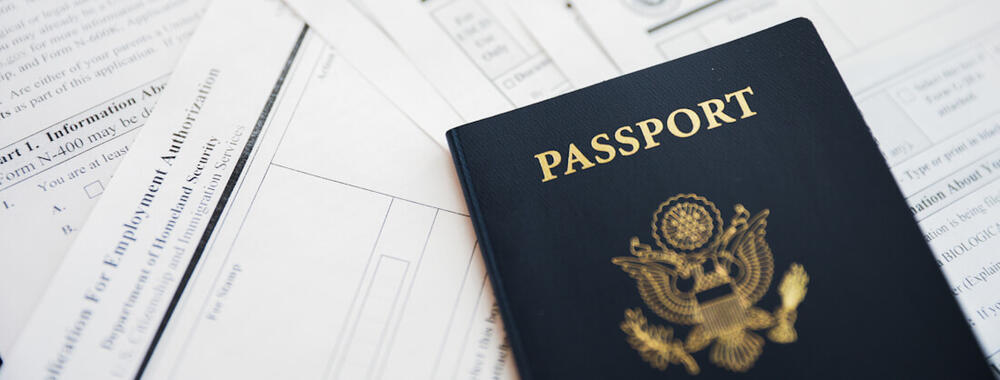
+ PRO: Some countries don’t need travel visas
Botswana allows visa-free entry for citizens from many countries. If their stay is short, citizens from several countries, including Australia, New Zealand, South Africa, the UK, and many SADC countries, need not apply for visas in advance. Normally, they receive a 90-day visa on arrival in Botswana. Nevertheless, prospective expats and tourists are advised to check visa regulations with the respective embassy.
- CON: Confusing application processes
Various documents and details are required when applying for visas, residence and work permits. Applicants must also ensure their passports are valid. To avoid unnecessary stress and frustration, we recommend visiting embassies or engaging the services of immigration consultants.
Healthcare in Botswana
+ PRO: Good quality healthcare in major towns
Major towns and cities such as Gaborone have good healthcare. You are likely to receive treatment from well-trained and qualified doctors, some of whom are expats themselves. As English is the official language, communicating in hospitals and clinics will not be an issue.
- CON: Insurance requirements
Having insurance is more of a necessity than a luxury. This is because emergency treatment is only given in the event of full insurance coverage in private hospitals, which would otherwise often require cash payment upfront. Health insurance should also cover medical treatment abroad and repatriation, as some cases may require medical care in South Africa.
- CON: Health risks
There are several health concerns in Botswana. Although these are typically isolated, there are occasional outbreaks of rabies and anthrax. Tick, mosquito, scorpion, spider, and snake bites are a risk when going to national parks. Mosquito-borne illnesses are also a risk in Botswana, so you should ensure you are protected from bites and take malaria prophylaxis.
Accommodation in Botswana
+ PRO: Affordable accommodation
Given the reasonable cost of living in Botswana, it follows that accommodation can be found at good rates. Both rent and utilities are cheaper than what you may be used to, while the standard of housing is also high. Many expats stay in gated communities which are safe and secure with air-conditioning – a life-saver during the hottest months.
- CON: Pay attention to lease details
Landlords may mention a rent increase over time, so you should pay attention to the standard rental prices in your area and negotiate a fee that suits you and your landlord. Fortunately, all utilities, including water and electricity, can be included in the rent. Do ask about this before signing any rental agreement.
Safety in Botswana
+ PRO: Low crime rate compared to nearby countries
There is no recent history of terrorism, and violent attacks on tourists are rare. While walking around at night in Botswana may be safer than in South Africa, you still need to take necessary safety precautions and use common sense.
- CON: Inequality and increasing crime rate
Botswana is a developing country, and many people live in poverty. With major inequality in the country, crime does exist. You should be aware of increasing petty and violent crime in towns such as Francistown, Maun and Gaborone. Robberies and theft occur, and valuables should not be left in plain sight in parked vehicles.
Getting around in Botswana
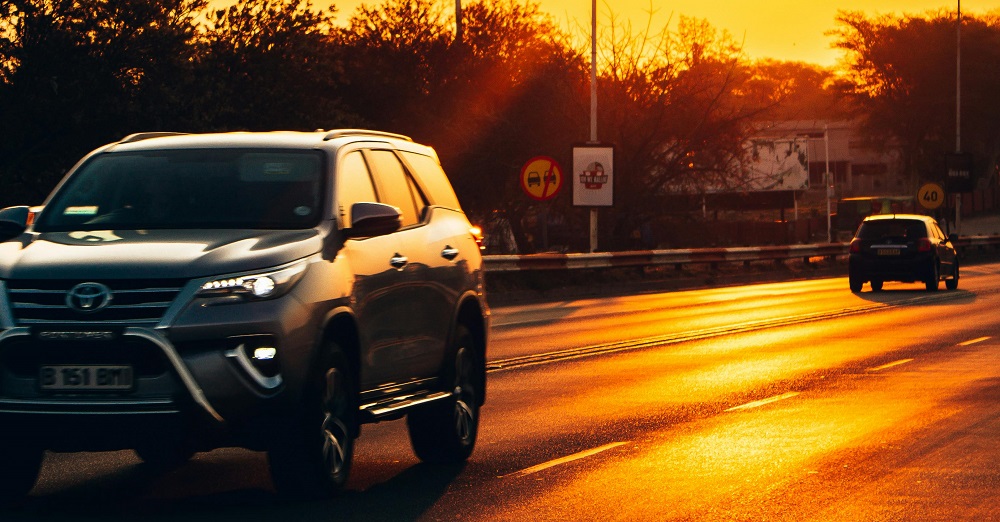
+ PRO: Good tarmac roads
Some well-maintained tarmac roads connect most of the country, especially in and around major cities. Of course, this is lacking in certain areas. Four-wheel-drive vehicles may be needed, especially when visiting national parks.
- CON: Driving hazards
Drivers do face risks, and you may be frustrated by others not following the rules of the road, ignoring speed limits, and driving drunk. Outside urban areas, lighting is poor, so you should drive slowly and be vigilant of livestock, wildlife, and potholes. When travelling to remote areas, take emergency supplies, including food, water, and a satellite phone.
Working in Botswana
+ PRO: Growing economy and job opportunities
Botswana's economy is growing reasonably well, largely due to its diamond wealth. The vibrant job market presents plenty of work opportunities, so you shouldn't struggle to find a job. Expats are often also transferred to branches in Botswana through their companies.
+ PRO: Money matters can be dealt with fairly easily
Tourists in Botswana or those staying short term may be able to use travellers’ cheques at some banks. US dollars and euros can be used in several main hotels. Visa and major credit cards are accepted in shops and restaurants, and ATMs are accessible in major towns.
- CON: Time-consuming and often unnecessary paperwork
Slow, inefficient bureaucratic processes are an issue in many countries all over the world, and Botswana is one of them. Red tape is hard to avoid when applying for visas and doing business, but if you keep your documents in order and show a little patience, you will generally have a smooth experience.
Local culture in Botswana
+ PRO: Locals are friendly
People from Botswana, known as Batswana, are friendly and helpful. They are proud of their country and culture. Some seemingly small parts of communication are important to the culture, for example, greeting, respecting the elderly and making eye contact (too little eye contact is viewed with suspicion).
- CON: Understanding and tolerance of LGBTQ+ is low
Although homosexuality is no longer illegal in Botswana, the LGBTQ+ community continues to face discrimination, harassment and negative attention as public customs are not tolerant of it. This element of culture shock may be difficult to deal with, although things are slowly changing.
- CON: Tolerance of immigrants varies
Although Batswana are largely friendly and welcoming, foreigners have mixed experiences. Expats from the US and the UK may have more positive experiences than those from other African nations, who have reported feeling treated as, and being seen as, outsiders.
Education and schools in Botswana
+ PRO: Good standard of international schools in Botswana
If you are moving to Botswana with children, you can choose from various international schools that mainly offer American- or British-based curricula. Some schools have Christian values. Several schools also offer boarding facilities. Most are concentrated in the capital city.
- CON: Public schools lack resources
Although much more affordable, public schools are not really an option for many expats. This is because standards at these schools are much lower than in private, international schools. This leaves parents with limited options, restricting them to pricier schools. Fortunately, international schools in Botswana have much better rates and tuition fees than those in European countries.
Lifestyle in Botswana
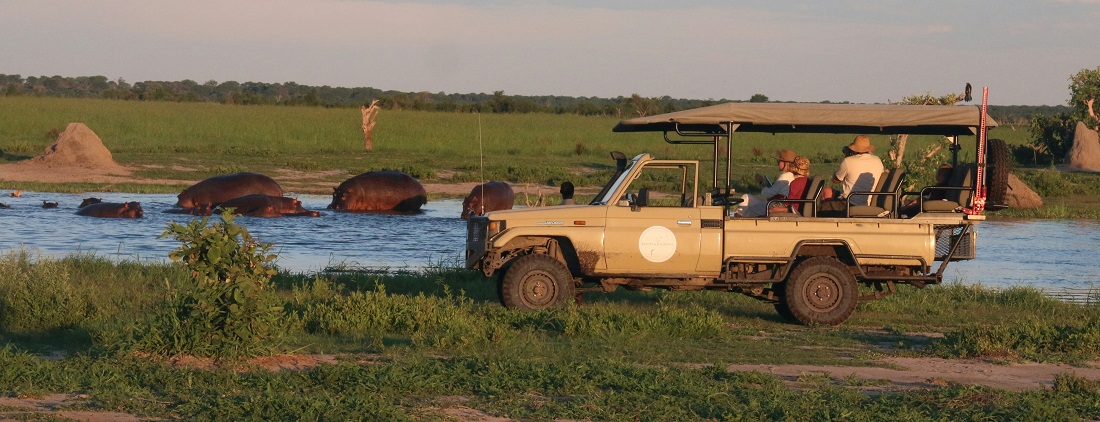
+ PRO: Nature is abundant
Nature buffs with a thirst for adventure will not be short of things to see and do in Botswana. This ranges from the Okavango Delta with luxurious (and expensive) eco-lodges and self-camping (more affordable) experiences to the Makgadikgadi Basin with its salt pan in the heart of Botswana’s northeastern savannah ecosystem. The diverse flora and fauna and natural beauty will capture anyone’s attention.
+ PRO: Gaborone is well-developed
Most expats are likely to move to Botswana’s capital, Gaborone, which is also the largest city. It is quite developed with shopping malls, entertainment opportunities, banks and safe taxis.
- CON: Expat bubble can isolate new arrivals
Moving to Botswana with a good salary and employment package can secure good quality accommodation and possibly international school fees for those with children. These expats can also afford luxurious safari adventures and a comfortable life, which may isolate them from the reality of the country. Botswana experiences inequality, but is also incredibly rich in traditional culture. We encourage you to step out of your comfort zone, learn some of the local language, Setswana, and immerse yourself in the culture.
Weather in Botswana
- CON: Too hot and humid to bear
For many, adjusting to the hot climate can be difficult. Air conditioning is essential. Although winter nights from May to August may provide some relief from the heat, it can be difficult to sleep.
+ PRO: Year-round summer
Botswana has a warm climate, with most of the year being hot and dry. Those who love the heat and hate the cold will settle in well. Be sure to carry water, sunscreen, and hats when walking around, not only when sunbathing.
